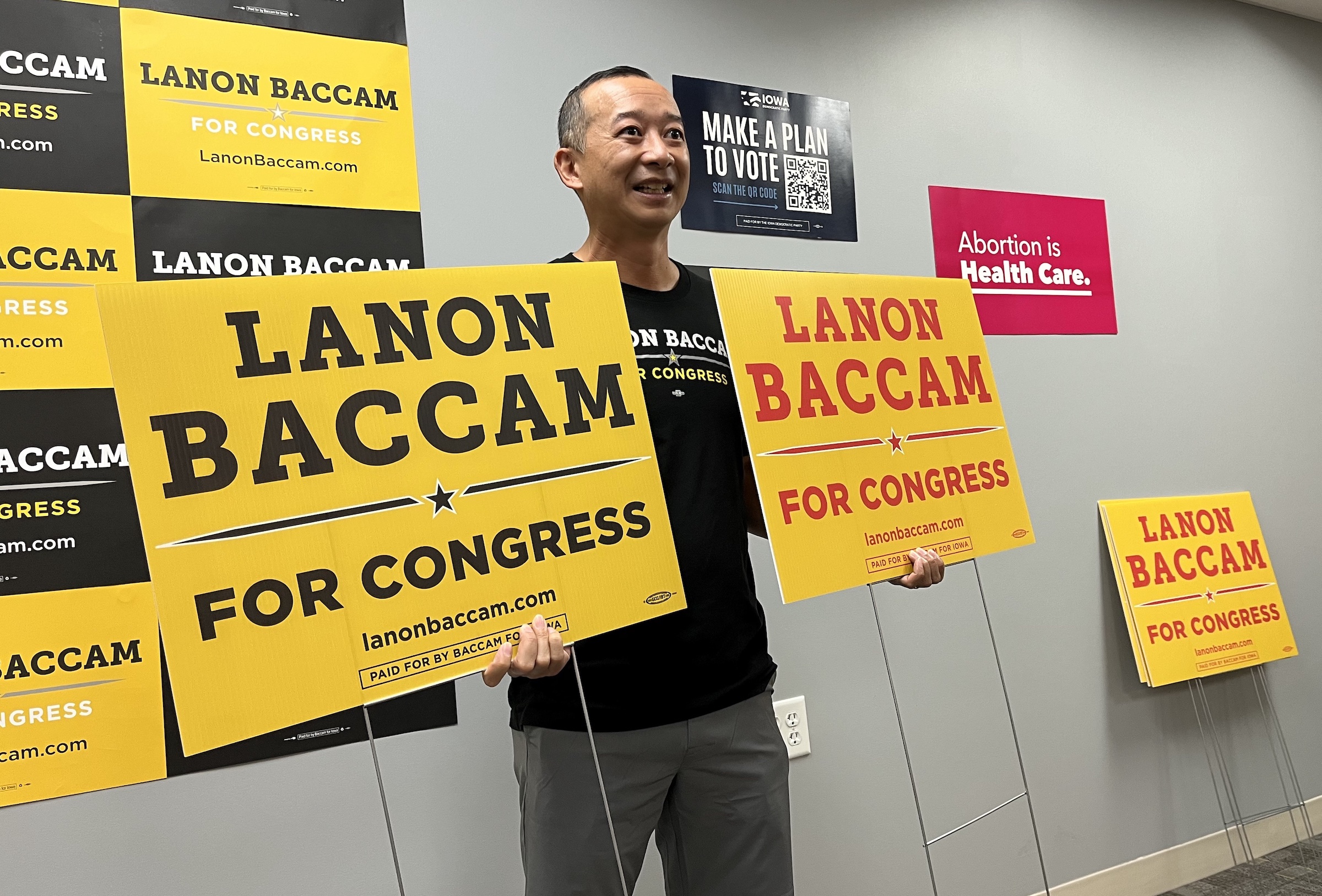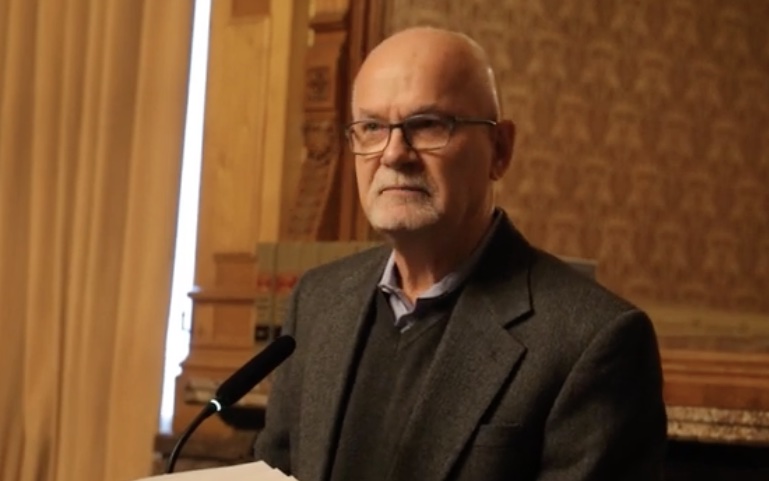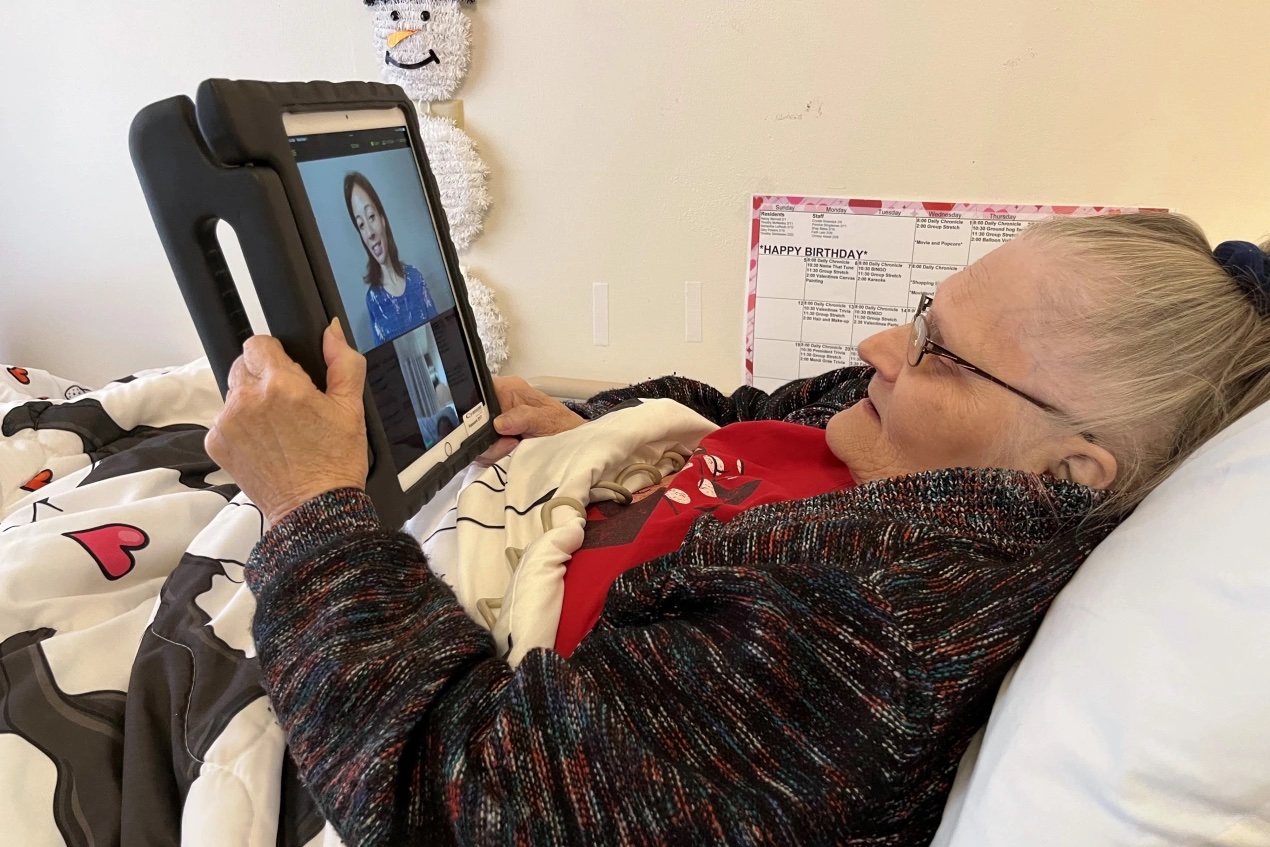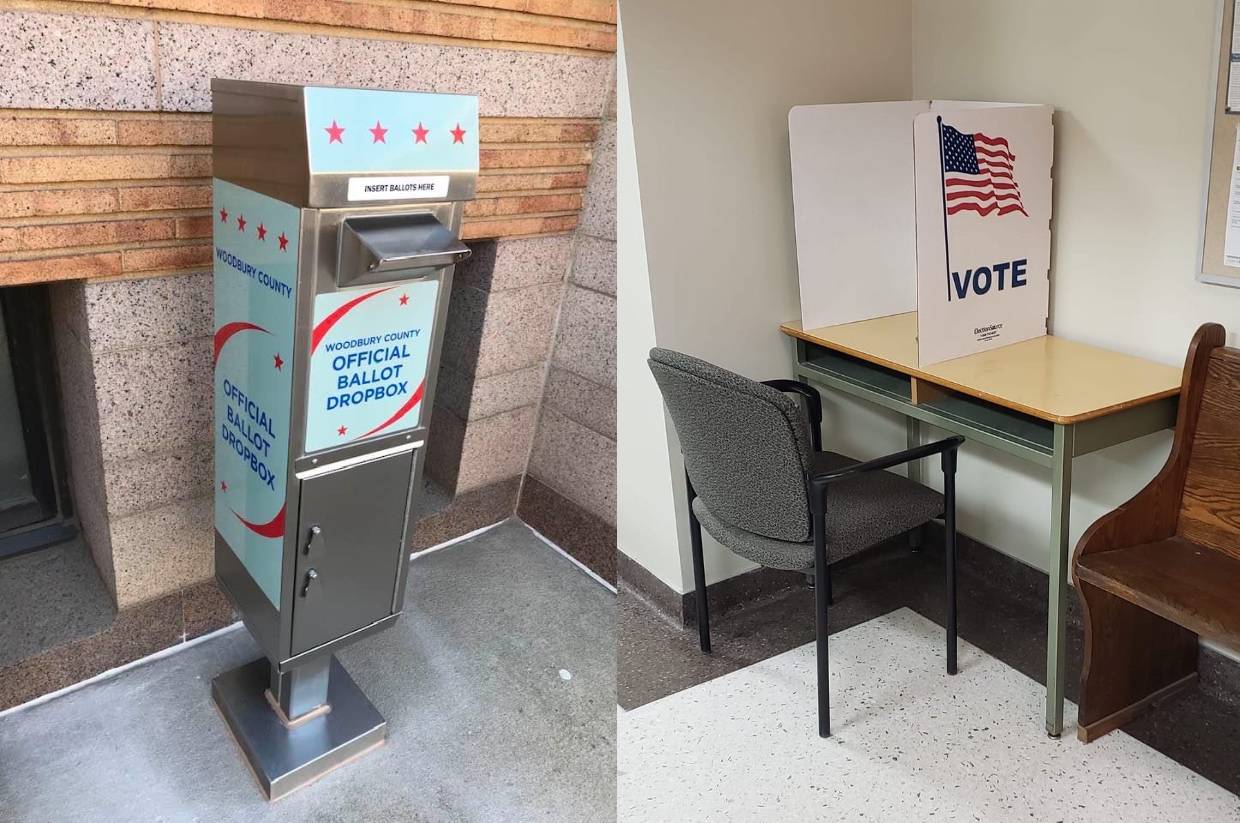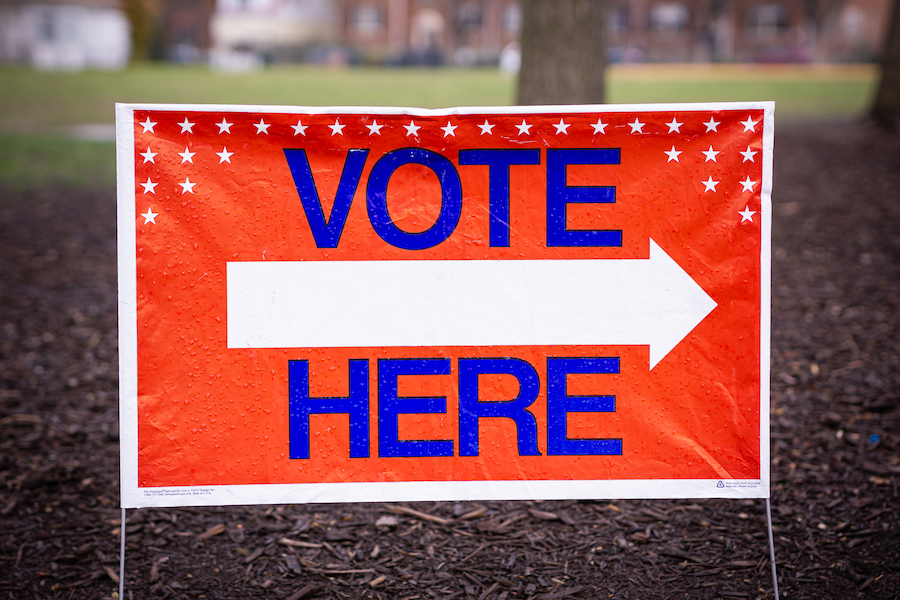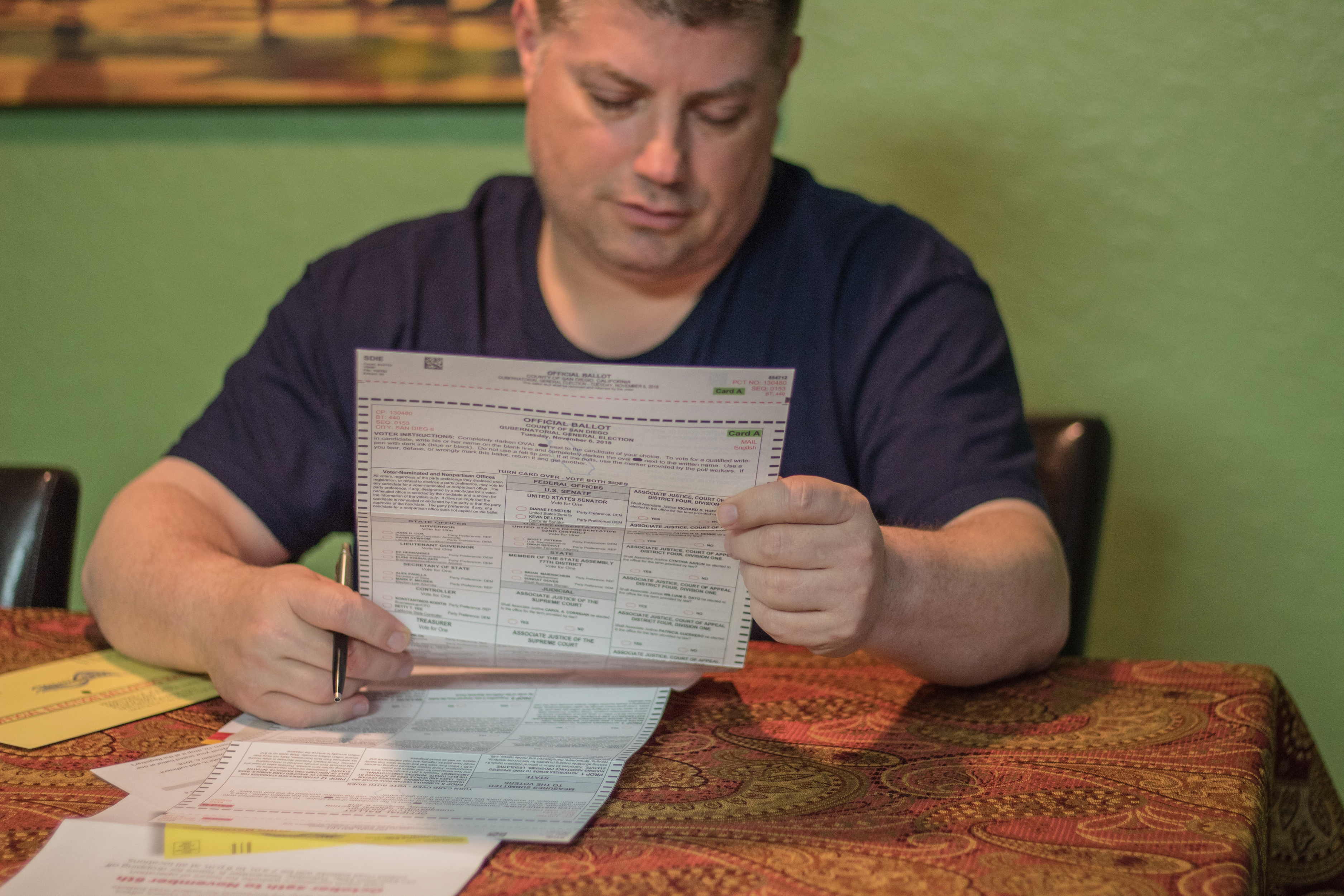This Sunday’s Des Moines Register carried another front-page story by Tony Leys about the substandard treatment some patients have received since being transferred from the now-closed state mental health facility in Clarinda. Leys reported last month that eight former Clarinda patients were sent to nursing homes “rated ‘below average’ or ‘much below average’ on a federal registry,” and that two of the patients “died shortly after their transfers.”
“Transfer trauma” can endanger a frail person’s health even if the new facility offers excellent care. Unfortunately, the Perry Health Care Center’s handling of three former Clarinda patients left much to be desired, according to an Iowa Department of Inspections and Appeals report cited at length by Leys. Failure to monitor and care appropriately for one man led to severe dehydration and breathing problems, and eventually his hospitalization. The man died two weeks later. Staff carelessness caused a shower accident that broke a woman’s leg. A third woman did not receive a blood-clot prevention medication for six days in a row. Click through for many more depressing details. The whole 28-page inspector’s report is embedded at the bottom of the page. The company that owns the nursing home rejects the inspector’s findings and will appeal the fines, its manager told the Register.
From where I’m sitting, the nursing home is fortunate to face only $13,500 in fines for the long list of documented problems. I’m shocked that failure to administer a medication for six days, or to inform the prescribing physician that the patient had not received the drug, resulted in only a $500 fine (pages 24 and 25 of the report). Failing “to provide adequate supervision when transferring a resident from a shower chair,” leading to a broken leg, resulted in only a $5,000 fine (pages 16 to 23).
Most stunning: the nursing home will receive only an $8,000 fine for repeated staff failures to properly assess or treat a man who was becoming lethargic and dehydrated. Nor did staff always provide supplemental oxygen as indicated when the man’s saturation levels dropped below 90 percent. The brother of the (now dead) man told Leys that a doctor at Mercy Medical Center “said she’d never seen a person so dehydrated in her life.”
Eight years ago, an Iowa nursing home received state and federal fines totaling $112,650 for failing to change a woman’s wound dressing for 25 days, resulting in gangrene and amputation of the affected leg. A settlement later reduced that fine to $75,397.
I don’t know how much discretion state inspectors have in assessing penalties. Iowa nursing homes can’t be fined at all for some of the most common health and safety violations, under a law Governor Chet Culver signed in 2009. The Iowa House and Senate had unanimously approved that bill, ignoring concerns raised by some advocacy groups, the Iowa Department of Elder Affairs, and the Iowa Department of Inspections and Appeals.
Leys reported that the woman who failed to receive her anti-clotting meds has moved “a more highly rated nursing home near Bloomfield, which specializes in treating elderly people with mental illnesses.” The woman whose leg was broken would like to move from the Perry facility but has no place to go.






